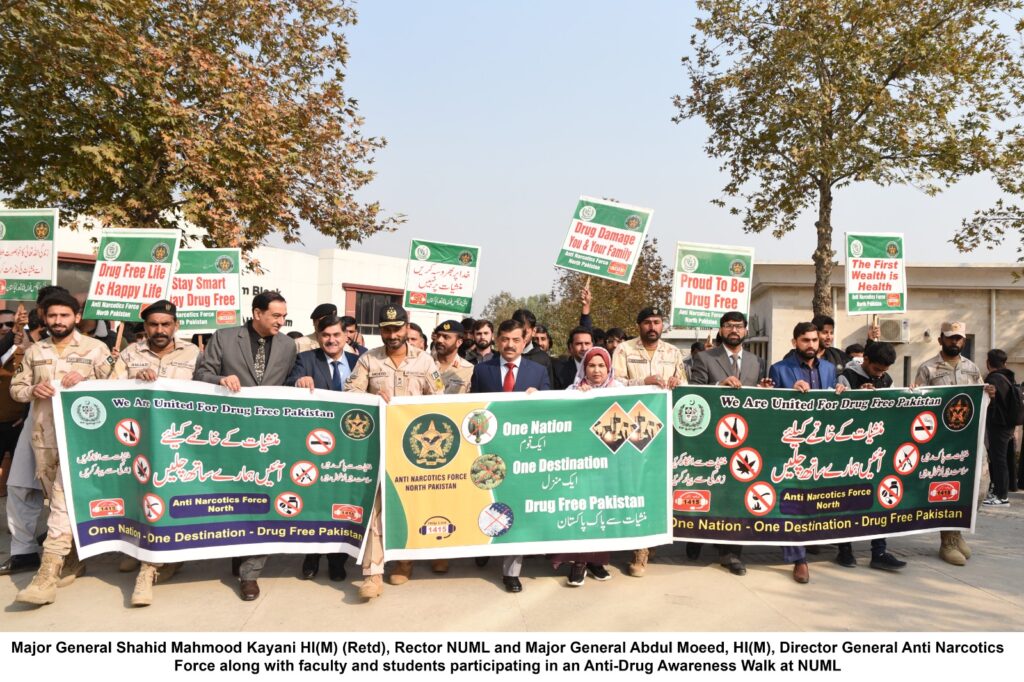By Qamar Bashir
Musharraf self-assumed the title of Chief Executive after successfully ousting the
popularly elected government using the strength of tanks and guns, funded by taxpayers’
money and executed by soldiers paid by the same electorate who had chosen the
dismissed government. Later, realizing that the title of Chief Executive ranked lower in
international protocol compared to heads of state or government, he unceremoniously
removed President Rafiq Tarar and declared himself President. This marked what can be
termed a second coup d’état, consolidating his power further.
Once in power, Musharraf faced the stark reality that, as an army general, he lacked a
direct connection with the people—a necessary aspect of governance in a civilian setup.
Recognizing this void, he tasked Tariq Aziz to orchestrate the acquisition of a political
platform. The PML-Q willingly aligned itself with Musharraf, becoming a political tool
to bridge his administration with the electorate.
Juxtaposing this scenario with the current situation of PTI, we observe parallels post the
events of May 9. The army and its operatives systematically targeted PTI, arresting its
leadership and subjecting their families to untold hardships. They were presented with a
stark ultimatum: renounce PTI and align with Jahangir Tareen’s party to secure their
freedom, or remain incarcerated, enduring humiliation and torture. Many capitulated
under the pressure, some went into hiding, and a few chose to exit politics altogether.
This systematic removal of seasoned politicians from PTI created a significant vacuum,
depriving the party of essential political capital and its direct connection to the people.
The vacuum was eventually filled by lawyers and non-political elements spared by the
all-powerful army and the dreaded ISI. These lawyers-turned-politicians, while
instrumental in keeping the party afloat during its most challenging times, derived their
strength from the courts rather than public support. Although skilled in legal matters, they
lacked the political acumen and sagacity required to navigate complex and intricate
political landscapes. Their lack of constituencies and long-standing connections with
electorates made it impossible for them to establish a direct link with the public.
This paradigm places Prisoner No. 804 in a dilemma similar to the one faced by Pervez
Musharraf when he transitioned from military dictator to politician, buoyed by
sycophants assuring him of unparalleled popularity in Pakistan's history.
In several of my previous articles, drawing from my four decades of experience within
the corridors of power and my official roles as Press Secretary to former President Arif
Alvi and Director General for former ministers Fawad Hussain and Shibli Faraz, I
proposed a concept paper. This document emphasized the necessity of consciously
reintegrating defected politicians, who had been forcefully removed from the party, to
restore the much-needed political capital and reconnect with the people.
It appears that Prisoner No. 804 has also recognized the indispensability of political
elements within the party. He seems to have realized that for any meaningful and
effective resistance movement, relying solely on an army of lawyers-turned-politicians
may not suffice. While these individuals have played a commendable role in sustaining
the party during its darkest hours, their disconnect from public service and lack of
grassroots experience will remain a significant handicap.
In recent weeks, Prisoner No. 804 has reportedly met with several political defectors,
including Fawad Hussain, Sheikh Rashid, Usman Dar, and others, while former President
Arif Alvi is expected to be given a larger role in crafting an effective resistance strategy.
This strategy aims to achieve four primary objectives: secure the release of Imran Khan,
free jailed politicians, reclaim the stolen mandate based on Form 45, and oust the
illegitimate government.
While these objectives appear legitimate, substantive, and appealing to the public,
translating public sentiment into a meaningful movement with a critical mass of people
on the streets requires significant political capital. This capital can only be harnessed
under the leadership of seasoned politicians. A mass movement of this magnitude would
leave the ruling elite with no choice but to yield to these demands or risk plunging the
country into total chaos. Such a scenario could even jeopardize the survival of Pakistan’s
most powerful institution, the military. As a nuclear state, any instability of this nature
could provoke international intervention to secure nuclear assets, depriving the country of
its most crucial security guarantee—an asset gifted by civilian scientists and leaders, in
light of the military’s dismal performance in past wars.




